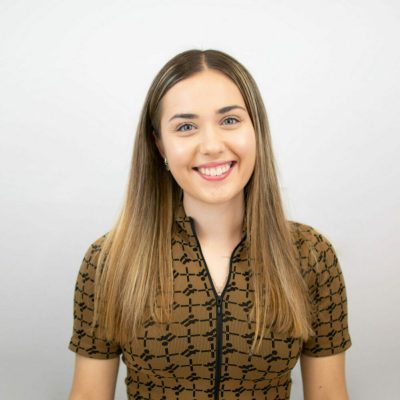Why did you choose to do an apprenticeship?
I initially did a year of journalism at university but wasn’t enjoying the course, so I started to have a rethink. That’s when I discovered apprenticeships. I knew I wanted to continue in digital writing and content, and I came across an advertisement for the Level 3 Digital Marketing Apprenticeship on Indeed, so I got in touch.
althaus were very responsive and I felt like I could trust them with what I wanted to do straight away. They explained what would happen during the apprenticeship in more detail. Apprenticeships have always appealed to me because of the way that you learn and then actually put into practise what you learn at the same time.
What was the onboarding process like?
That was all fine, I had my Maths and English assessments and I made a digital bio – I’ve never done one before so that was interesting! That probably helped me get the job though to be honest, because I don’t think many people have a digital bio, so it was a great way to stand out.
The whole process was quick, and Kate [Digital Talent Lead at althaus] was really responsive. She always responded straight away to help with any questions I had, so it was a smooth process. And the first interview I had, they offered me the job the same day of the interview, which was amazing! It wasn’t what I expected, but in a good way. And it shows that althaus finds the right places for you.
How did you find the apprenticeship overall?
I feel like I’ve built a good relationship with my Digital Skills Coach Waqas and with the other people on my course. The apprentices created a WhatsApp group to help each other which was good. I thought initially that having sessions over Zoom might hinder me a bit, but it was all absolutely fine.
How did you find the training delivered and what support did you get?
Having remote sessions was easier for me because it didn’t mean me having to leave work. I feel like I got the same experience as if I’d been in an in-person lesson. I had two lessons a week that were two hours each, so it was regular, but spaced out as well, so it doesn’t cut too much into your day if you’re busy with work tasks.
I got all the support I needed too. If I dropped one of the team a message or call they were there, and that’s all I needed, to be honest. If I ever had a question, I knew I could pick up the phone and they’d help as much as they could. In our formal reviews, we used to go through how I was progressing, and it was nice to see that the stuff I was doing was working and I was improving. Waqas gave me pointers on what to improve on and what I was doing well, so it was always a productive session.
What did you find most challenging within the apprenticeship?
The challenging thing was balancing the workload with apprenticeship work. That was always quite challenging to navigate. But if I was ever struggling, I just let Waqas know, and althaus were very flexible.
Particularly as the apprenticeship went on, my workload got bigger as I got more experience, so althaus were accommodating if I needed a few extra days on tasks. Apart from that, it was just trying to navigate and manage my time between workload and apprenticeship work.
Were there any strategies or tools you implemented to help with that?
I sat down with my manager, and we made a timetable and structured my week accordingly because before that I was going into my week blind. Since then, I have always planned my week out, scheduling apprenticeship work into my week and not just pushing it back.
With the portfolio, I had a lot of helpful sessions with althaus, and I sent drafts across before the final submission, so I could make improvements where needed which was good. Before submitting, I had the confidence that it was ready.
How did you find the synoptic project and the overall exams?
We had a few smaller exams before the EPA exam and they were fine, because we’d covered it all in lessons, and they gave us mock tests beforehand. And then for the interview, I had a mock interview as well, so I knew what to expect, and what questions I was going to get.
But it’s more of an informal chat – they ask you questions about your project and make you feel very relaxed about it all. Plus, it was over Zoom, so you don’t have to go anywhere for it. It’s a bit nerve-wracking, but as long as you have your portfolio to hand because there are a lot of questions on that, you’ll be fine.
What advice would you give to anyone considering an apprenticeship?
Don’t be afraid to ask questions. Your training provider is there to help you. I used to be very apprehensive, but now I know that I can just ask and they’re there to help. That’s one piece of advice, and another is to make time for it. Try to balance your time between work and your apprenticeship.
Do you think attitudes are changing towards apprenticeships?
I definitely think attitudes towards apprenticeships have improved. I think schools are pushing apprenticeships a lot more than they were when I was at school, because then it was all about university.
I hear a lot more people now are doing apprenticeships. When I was an apprentice, there were three other apprentices in my company, so I think companies encourage it. And having done a year of university and an apprenticeship, it’s just so much easier to learn – you actually practise what you learn at the same time. And I get paid!
Is there anything else you’d like to share about apprenticeships that you think people ought to know?
I think you should just go for it. If you’re apprehensive, just go for it, because it will be better than you think it’s going to be. I felt nervous before I started my apprenticeship because I’d obviously not done one before, but it was a very natural process, everyone was very helpful, and didn’t feel like it was rushed. I never felt out of my depth. It was good knowing I had althaus to help me as well as people at work, so support came from everywhere.









